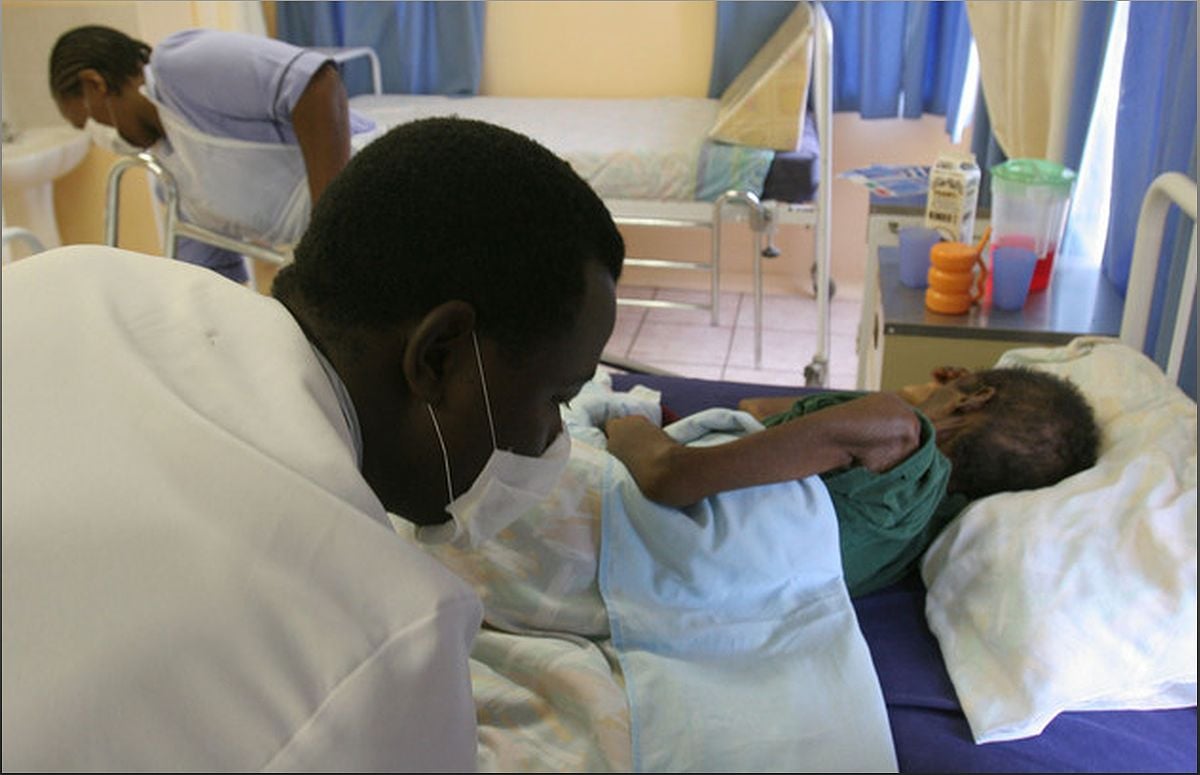The Future of U.S. Global HIV/AIDS Relief Hangs in the Balance
As negotiations over extending U.S. global HIV/AIDS relief work reach a deadlock, one of the most successful foreign interventions of this century hangs in the balance. Republican and Democratic lawmakers clash over the inclusion of abortion-related restrictions in the reauthorization bill, leaving the future of the program uncertain. Without a long-term commitment, organizations fighting HIV and AIDS worldwide may struggle to sustain their efforts. Discover the implications of this impasse and the potential consequences for millions of lives affected by the disease.
Stalemate in Negotiations
Negotiations to extend U.S. global HIV/AIDS relief work have hit a stalemate, jeopardizing one of the most successful foreign interventions of this century. Republican and Democratic lawmakers are at odds over the inclusion of abortion-related restrictions in the reauthorization bill. This impasse has left the future of the program uncertain.

The disagreement between lawmakers has hindered progress, with no compromise in sight. The failure to reach an agreement may have far-reaching consequences for the millions of lives affected by HIV and AIDS worldwide.
The Impact of the Deadlock
The deadlock in negotiations over U.S. global HIV/AIDS relief work has significant implications for the fight against the disease. Without a long-term commitment from the United States, organizations working on the ground may struggle to sustain their efforts.
Staffing and project implementation may be hindered, leading to a potential setback in progress made so far. This impasse also sends a negative message to the rest of the world about the U.S. commitment to ending HIV and AIDS.
Political Divisions and Compromises
The deadlock in negotiations stems from the clash between Republicans and Democrats over abortion-related restrictions. Republicans accuse the Biden administration of using the President’s Emergency Plan for AIDS Relief (PEPFAR) to fund abortion providers overseas.
On the other hand, House Democrats refuse to reinstate Trump administration rules that prohibited foreign aid going to groups that provide or counsel on abortions. This ideological divide has made it challenging to find common ground and reach a compromise.
The Role of Funding and Reauthorization
Long-term funding and reauthorization are crucial for the success of HIV/AIDS relief efforts. A five-year renewal provides stability for organizations to hire staff and plan long-term projects effectively.
Without a long-term commitment, organizations may struggle to attract and retain skilled professionals, hindering their ability to provide essential services. Additionally, a short-term reauthorization or no reauthorization at all may undermine the U.S. commitment to ending HIV and AIDS, potentially affecting international partnerships.
The Future of U.S. Global HIV/AIDS Relief
The future of U.S. global HIV/AIDS relief hangs in the balance as negotiations remain deadlocked. The ongoing impasse, combined with the upcoming 2024 election, creates further uncertainty for the program’s reauthorization.
As the government spending process drags on, organizations fighting HIV and AIDS worldwide face challenges in sustaining their operations. The stakes are high, and the outcome of these negotiations will have a profound impact on the lives of millions affected by the disease.
